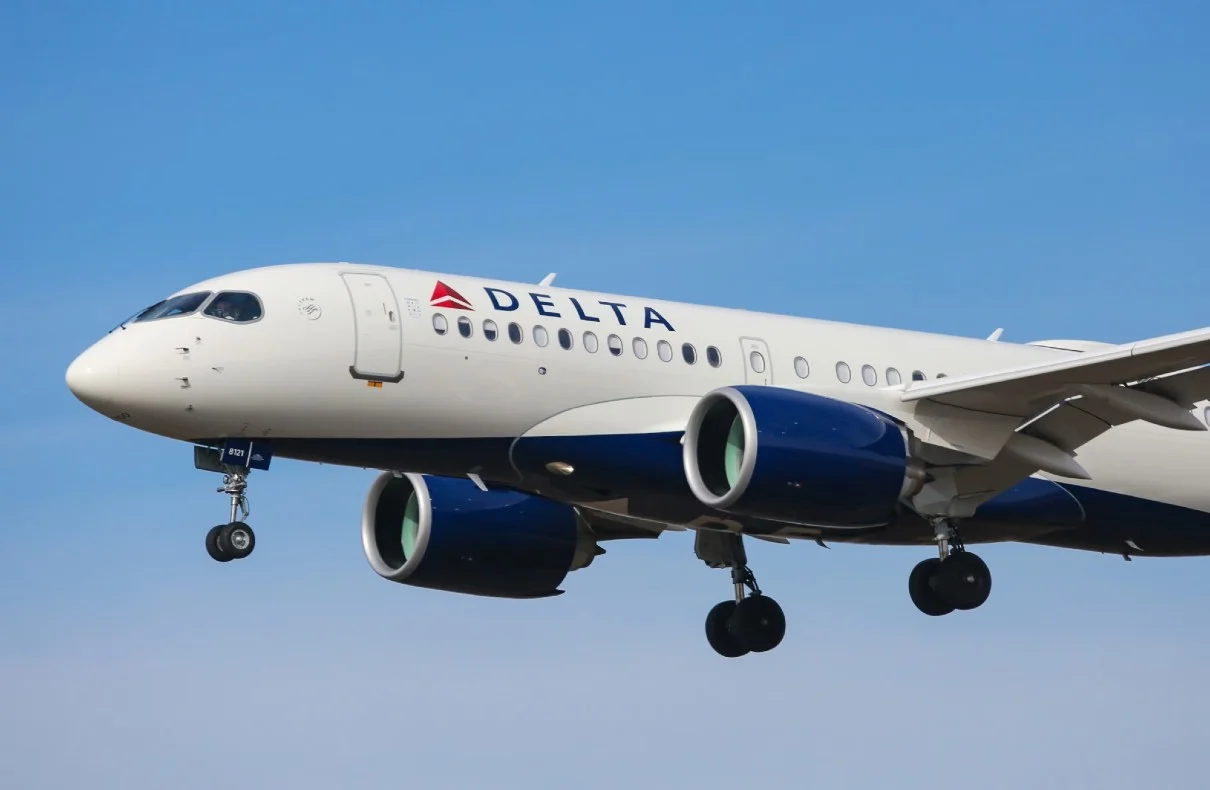
A recent incident at Hartsfield-Jackson Atlanta International Airport has once again raised concerns about the safety of Boeing aircraft. A Delta Air Lines Boeing 757, scheduled for takeoff to Bogota, Colombia, experienced a mechanical mishap when it lost its nose tire right before departure. This incident comes in the wake of other troubling events involving Boeing planes, adding to the manufacturer’s ongoing challenges.
On a Saturday morning at around 11:15 a.m., Delta Flight 982 was taxiing on the runway, preparing for takeoff when a nose wheel unexpectedly detached from the Boeing 757. The incident was captured in air traffic control audio recordings, where the pilot of another aircraft alerted the control tower about the situation. The pilot stated, “Hey, Tower, the 75 on the runway just lost the nose tire.” The Delta pilot acknowledged the information, responding, “Thanks for that… sounds like we got a problem.”
Apple Upcoming Spring Event: A Comprehensive Overview
According to reports, the nose tire rolled off the runway and down an embankment, prompting the need for maintenance crews to locate it and assess the situation. Passengers aboard the Delta flight were deplaned as a safety precaution, and fortunately, no injuries were reported. Delta promptly arranged a replacement flight for the affected passengers, minimizing the disruption to their travel plans.
The incident at Hartsfield-Jackson Atlanta International Airport adds to the list of recent troubles for Boeing, which has faced ongoing scrutiny and safety concerns over the past few years. Just weeks before this incident, an Alaska Airlines-owned Boeing 737 Max 9 experienced a similar mishap when a door plug blew off during a flight from Oregon to California. Although no serious injuries occurred in that instance, it raised further questions about the safety and reliability of Boeing aircraft.
In response to the door plug incident, the Federal Aviation Administration (FAA) grounded around 170 Boeing 737 Max 9 planes for inspection. It is important to note that the Delta Boeing 757 involved in the recent incident is a different model from the grounded aircraft. Nevertheless, these consecutive incidents have heightened concerns about the overall safety standards and mechanical reliability of Boeing planes.
Following the incident at Hartsfield-Jackson Atlanta International Airport, the FAA initiated an investigation to determine the cause of the nose tire detachment. The agency aims to identify any potential underlying issues and ensure the necessary preventive measures are implemented to prevent similar incidents in the future. Additionally, Delta Air Lines offered an apology to the affected passengers, acknowledging the inconvenience caused by the incident.
Boeing, being the manufacturer of the aircraft, has faced increased scrutiny in the aftermath of these incidents. However, the company has declined to comment on the specific incident at Atlanta International Airport, directing inquiries to Delta for further information. It remains to be seen how Boeing will respond to the ongoing challenges and address concerns regarding the safety and reliability of its aircraft.
Alaska Airlines Boeing 737 Max 9 Incident: An In-depth Analysis
The incidents involving Boeing planes, including the recent nose tire detachment, undoubtedly impact passengers and the aviation industry as a whole. Passengers aboard the Delta flight experienced delays and had to be deplaned while the situation was assessed. Such incidents can lead to anxiety and discomfort among passengers, eroding confidence in the safety of air travel.
For the aviation industry, these incidents raise questions about the rigorousness of maintenance and inspection procedures. Airlines and regulatory authorities must prioritize safety measures and ensure that proactive steps are taken to prevent similar incidents. The reputation of both Boeing and affected airlines can be significantly impacted by incidents like these, affecting the confidence of passengers and potentially leading to financial repercussions.
The incident at Hartsfield-Jackson Atlanta International Airport, where a Delta Boeing 757 lost its nose tire right before takeoff, highlights the ongoing challenges faced by Boeing in terms of aircraft safety and reliability. As investigations continue, it is crucial for both Boeing and regulatory authorities to address any underlying issues and implement preventive measures. The incidents serve as a reminder for the aviation industry to prioritize passenger safety and maintain the highest standards of maintenance and inspection. Ultimately, the goal is to restore and enhance the confidence of passengers in the safety of air travel.
